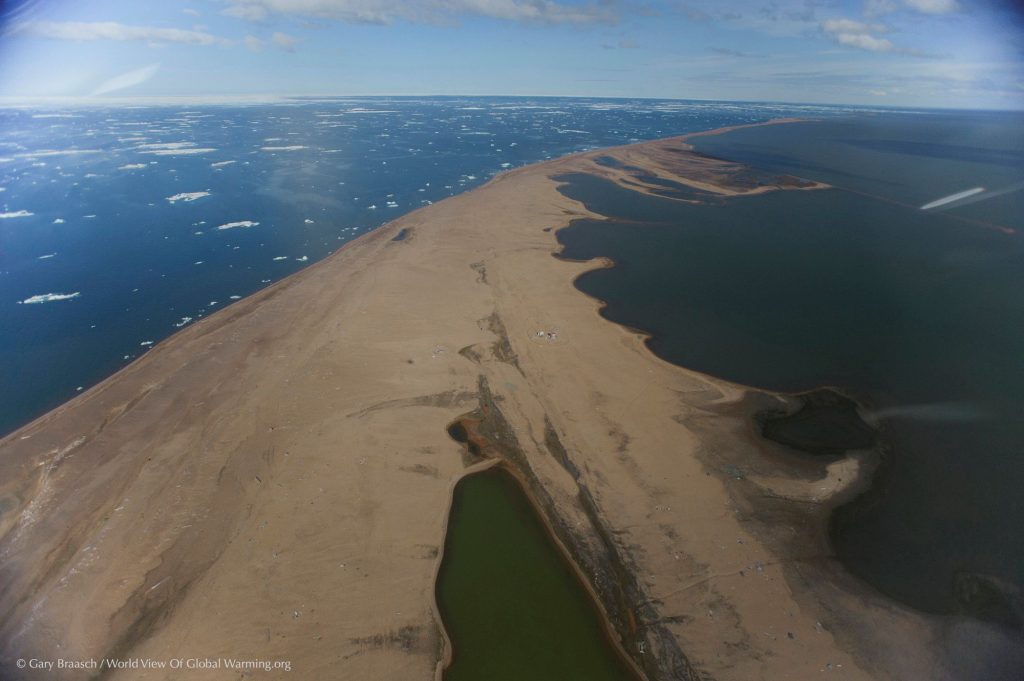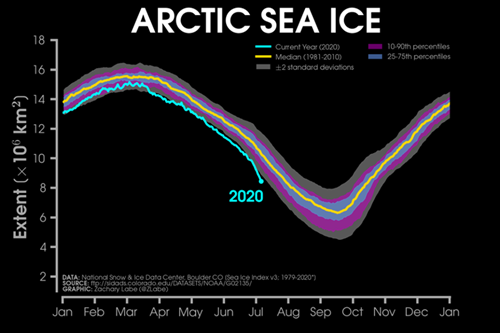
In early spring, when the first evidence of the scale of the pandemic was becoming clear, many field biologists realized that restrictions or concerns about travel would prevent them from having a field season. The impact was especially bad for graduate students and early career researchers who had worked hard to obtain funding and prepare for the 2020 field season. It also was a major blow to those of us who have conducted continuous long-term studies requiring annual field work.
Friends of Cooper Island was impacted by the earliest stages of the pandemic when we had to cancel our annual Seattle event scheduled for March 17. We had planned to have Joe McNally, the photographer who was on the island in 2001, discuss his 2019 visit and the video he produced about the major changes that have occurred since his first visit. The video is available at this link.
In late March and early April, like almost all of those doing research in the Arctic, I was prepared to write off the 2020 field season. Given the concerns of traveling through towns or villages with vulnerable populations, I assumed I would not be flying north to Utqiagvik in 2020, as I have done for almost half a century. I was also aware that the loss of my field season was a small and minor consequence of the pandemic and during weeks of “lockdown” tried to concentrate on scientific papers being written with several collaborators using our long-term data sets from Cooper Island.
It thus came as a major surprise when a colleague at the North Slope Borough’s Dept. of Wildlife Management contacted me in April asking what my plans were for coming up this summer. Thanks to the efforts of both the Dept. of Wildlife Mgmt. and the borough’s Dept. of Search and Rescue, I am now in Utqiagvik, having had negative covid test results both in Seattle and here, and heading for my 47th summer on Cooper Island. While the assistance of friends and colleagues in Utqiagvik has always played a major role in maintaining the Cooper Island research, this year that support, and just as importantly encouragement, has made all the difference.

I want to thank the many supporters and followers of the Cooper Island research who have shown their appreciation for my efforts over the years, and the donors who were able and willing to financially support a field season before we knew it would be possible.
While the issue of climate change is currently receiving less attention due to more immediate social and economic disruptions, global temperatures continue to increase with major effects on Arctic sea ice now at a record low (image below). It is now all the more important to maintain one of the few data sets that has demonstrated the biological impact of decreased sea ice.
I hope you have a safe summer and I look forward to providing updates over the next two months from Iglurak (the Inupiat name for Cooper Island).
